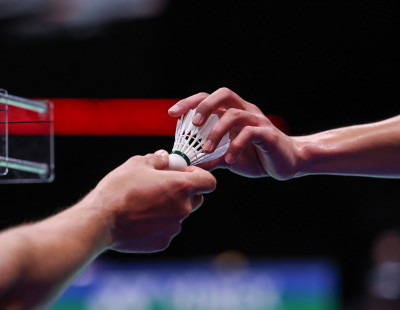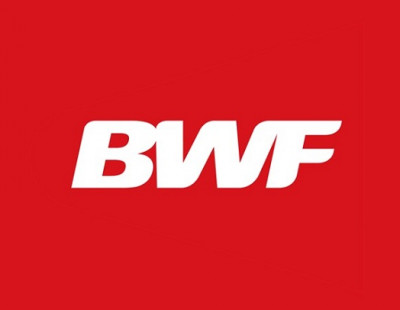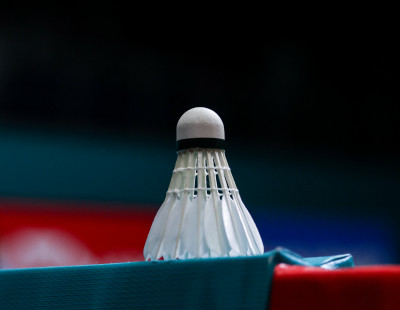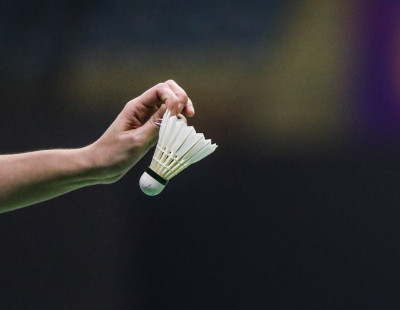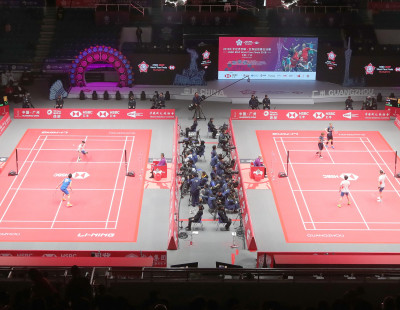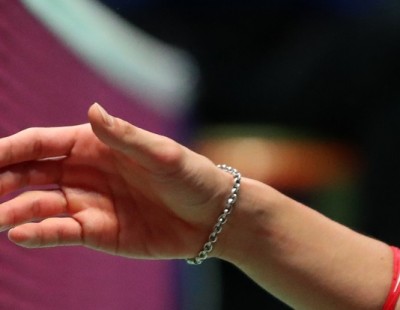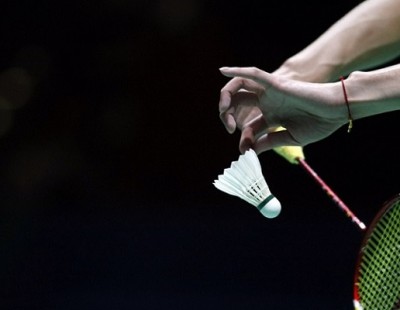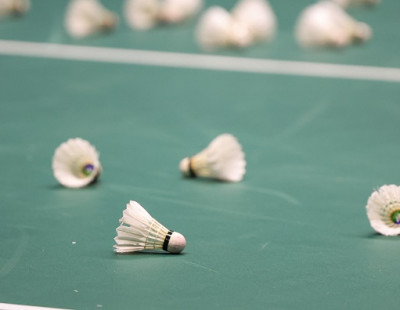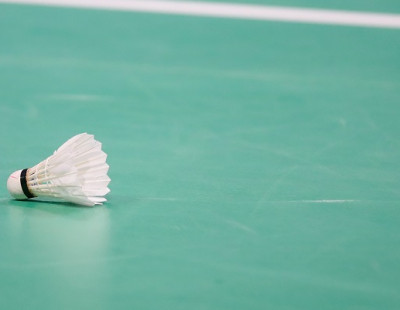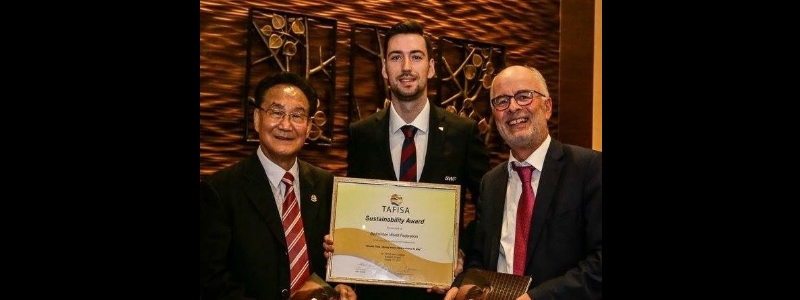
Announcement
BWF Gets ‘Sustainability’ Award
Badminton World Federation has received a TAFISA Sustainability Award for its development programme, Shuttle Time.
TAFISA President, Professor Ju-Ho Chang, and TAFISA Secretary General Wolfgang Baumann presented the award to BWF Development Manager John Shearer (featured image) at TAFISA’s gala dinner last Saturday in Budapest, Hungary.
These festivities were part of the TAFISA (The Association For International Sport for All) World Congress 2015, held from October 14 to 18. The five-day meeting was attended by more than 400 delegates from 71 countries. Attendees included the EU Commissioner on Sports, IOC officials, and the sports ministers of Hungary and Indonesia.
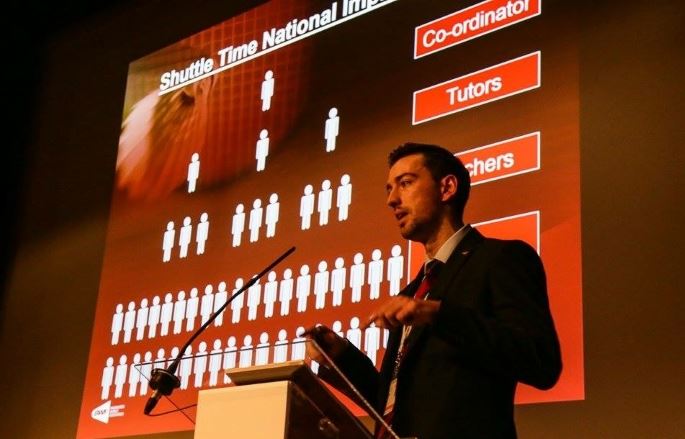
Shearer (above) represented badminton’s world-governing body and showcased the Shuttle Time Schools Badminton Programme in one of the parallel sessions. He provided an overview of Shuttle Time, BWF’s development principles, how the programme is delivered globally through BWF’s continental confederations, member associations and various partners, and how Shuttle Time is evolving the sport-for-all concept.
Reacting to Shuttle Time’s acknowledgement by TAFISA, BWF Development Chair, David Cabello said: “BWF is pleased to be recognised for our development work. Receiving this award is further validation that we are on the right path and developing badminton with a sustainable long-term focus. It is great encouragement for us and our entire membership who are dedicated to our development goals.
“On behalf of BWF, thank you to TAFISA. We look forward to continued good relations with our colleagues at TAFISA.”
Meanwhile, on the final day of the Congress, Dr. Marian ter Haar of the Netherlands outlined ten key findings from the Congress and upheld Shuttle Time as an example of best practice, given its adaptability to varying environments. Shuttle Time, she noted, emphasises the importance of “more play, less standardization”.
Shuttle Time was officially launched in 2012 and has progressed rapidly. The schools-based, grassroots initiative has reached 94 implementations so far and is vital to achieving BWF’s vision of making badminton “the most played school sport in primary and secondary schools worldwide”.




















